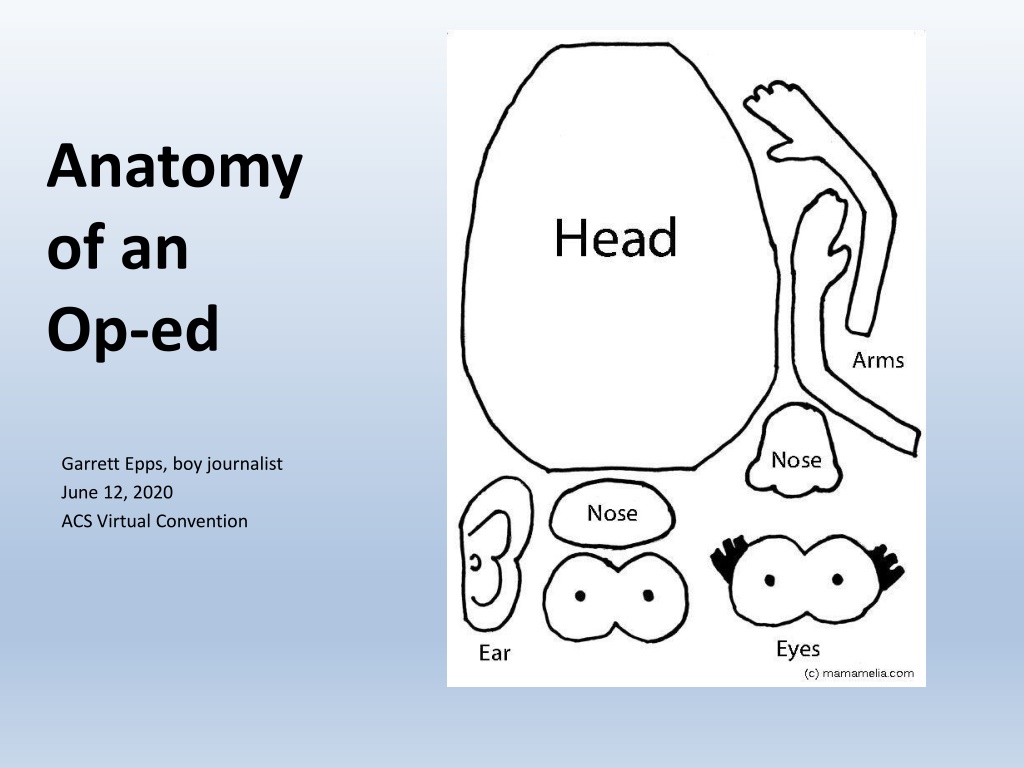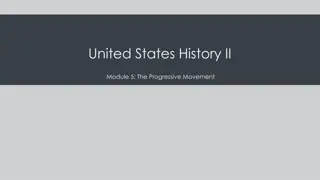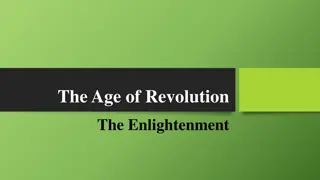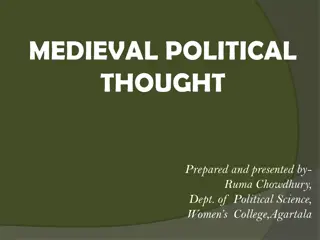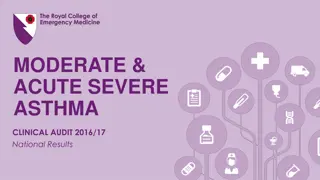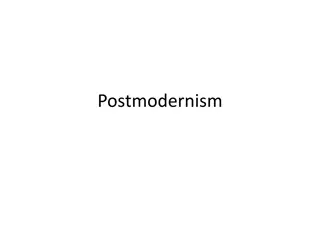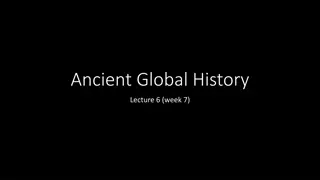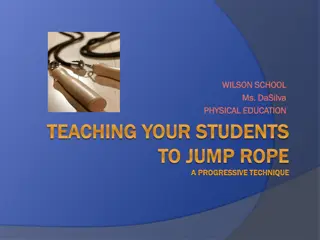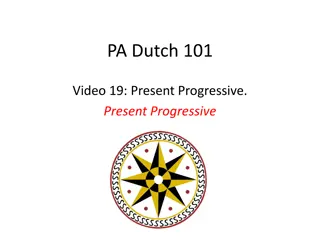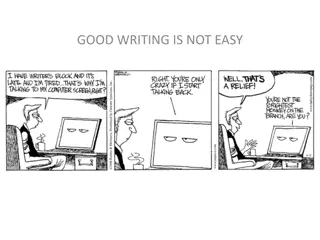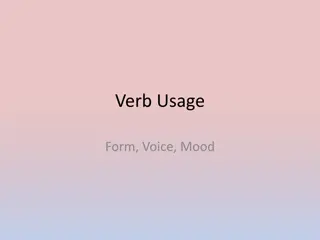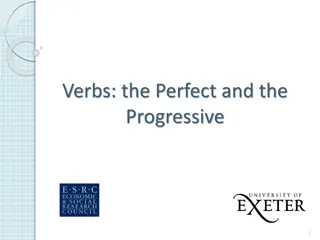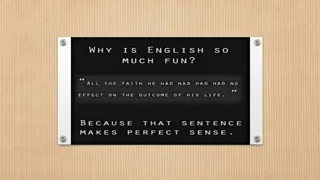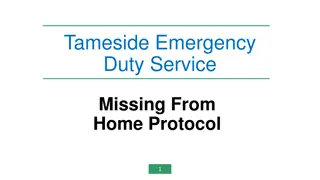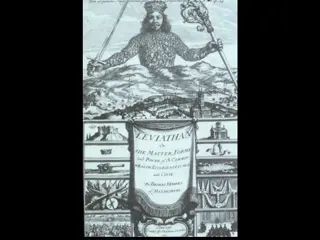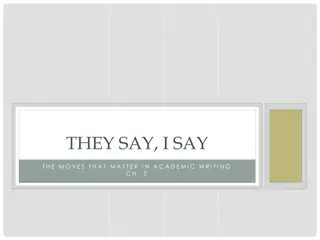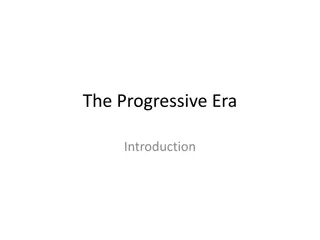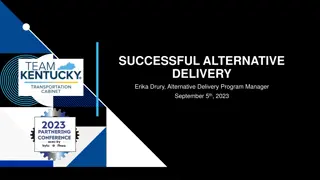Mastering the Art of Writing Op-Eds: A Guide for Progressive Thinkers
Learn the ins and outs of crafting impactful op-eds as a voice for progressive legal thought. Explore the importance of clear presentation, embracing your perspective, and engaging with timely, specific, and original content. Discover key elements of op-eds, from captivating leads to compelling conclusions, and unlock the potential to influence public opinion and shape narratives effectively.
Download Presentation

Please find below an Image/Link to download the presentation.
The content on the website is provided AS IS for your information and personal use only. It may not be sold, licensed, or shared on other websites without obtaining consent from the author. Download presentation by click this link. If you encounter any issues during the download, it is possible that the publisher has removed the file from their server.
E N D
Presentation Transcript
Anatomy of an Op-ed Garrett Epps, boy journalist June 12, 2020 ACS Virtual Convention
This work matters Public opinion is formed very quickly on a given issue. You are the voice of progressive legal thought at a moment when it matters. The prompt appearance of progressive views signals to members of the community that there are like-minded people Some local media outlets won t run anything on an issue if you don t supply it. Don t think the op-ed has to be in NYT or WaPo to make a difference. Well reasoned op-eds are also career boosters Websites, local and national, are looking for interesting content. Research them Well reasoned op-eds are also career boosters This is a big story and you re part of it. Keep those lights on,. America.
First things to remember when writing or pitching: you will be doing good, necessary work for which you are eminently qualified. Your opinion matters, regardless of your credentials. There are many kinds of knowledge you can draw on. Don t adopt the credentialist deference that law school inculcates. You, whatever your level in legal education or practice, matter and your opinion should matter to readers and will if clearly presented Don t apologize for what you believe. We are right and they are wrong. Look around. We are on the move. The other side has lost their stranglehold on the narrative. Law school discourse discourages passion. Rediscover it. And remember:
Dont be apologetic, dont be intimidate, dont be afraid. We are the ones who knock No apology. No surrender. Not one step back.
Writing and selling an op-ed Timely Specific Original Complete Correct Research Length Proofread Documented Clear Consistent Formatted for the outlet You re dealing with people whose world moves very fast and who are a little put off by lawyers.
Parts of an op-ed Interesting lede Statement of relevance Claim of authority Proleptical analysis Fair summary of opposition view(s) specifics Summary of correct position, with reason why What should we do (specific)? Conclusion: Circle back to lede
The lede is crucial Poor: The recent controversy over executive nominations by Gov. Kitzhaber raises important questions.
The lede is crucial Poor: The recent controversy over executive nominations by Gov. Kitzhaber raises important questions. So-so: The Republican majority in the Oregon Senate blocked my nomination to the Crime Commission. Here s why that matters.
The lede is crucial Best: When I read in the newspaper that the Oregon Senate had rejected my Uncle George for the Crime Commission, I was surprised. George has been dead since 1958, and spent his career as lodge secretary of the Richmond Elks. Only later did I realized they had my name wrong, and had voted me down without even knowing who I am.
Statement of relevance Why am I reading about this today? In hearings before the Senate Judiciary Committee last week, witnesses identified the nominee, William Rehnquist, as the man they saw harassing black and Hispanic voters, demanding that they read from a card to prove their literacy, asking to see documents that proved they had the right to vote. One witness described a shoving match in which Rehnquist allegedly took part.
Claim of authority Why should you care what I think? This may be the most important single thing in selling an op-ed. Don t aggrandize youself, but don t apologize either. Personal experience ( I grew up a few blocks from the Lee Monument in Richmond or I spent four playing basketball with the Stonewall Jackson High School Raiders in Manassas, Va. . ) Academic expertise ( As historian who studies the history of the South, I know that the Lee Monument was erected for a purpose . ) Professional expertise ( As a lawyer for a civic group, I heard the testimony in the recent statuary lawsuit, and I have realized how . )
Rhetorical authority Why should you care what I think? Logos I make a good honest argument based on facts Ethos I am a serious, open- minded, and honest thinker Pathos these issues seem abstruse but I feel strongly about them and so should you
Once youve made it, live up to it Do your research. Don t just read one article. Read as much as you can Fact-check every factual statement you make, major or minor; even the ones that seem obvious can go awry Consult the original sources (government reports etc.) where possible This is timely but the Internet has made this the golden age of research.
The ethos is made by fairness and proleptical argument Set out your argument in calm, non- polemical language Fairly and non-polemically set out the other side Do not sneer, belittle, use derogatory nicknames, or take cheap shots. The people you are trying to reach do not like that. Refute the other sides argument fairly
Do not write like a lawyer Explain jargon ( Standing might be called the house on fire principle if the fire isn t in your house, you don t have standing ) One thought per sentence. Sentences should be shorter than the ones you learned to write in legal writing. When an idea is novel, complicated, or surprising, signal that you know that The idea that the Constitution protects the climate seems like a new idea but it has a venerable history in areas like natural resources and Federal Indian law. Many people are surprised to learn that the FBI doesn t investigate ordinary crime, but there s a reason for that. Stare decisis is a complex term for a relatively simple idea courts should not flip flop back and forth on given issues; even if judges don t like precedent, they are usually required to observe it.
What should happen now, and how can the reader help? Be specific Think of specific things that need to happen. How can your readers help? If Congress needs to act, let them know what they can do.
Conclusion (tag) Outline what readers have learned and where it might lead them Return to the beginning ( If they can make some kind of liberal menace out of my poor dead Uncle George, they can smear you or anybody else. )
Placing an op-ed Right away Submit the entire thing, at the proper length Study the outlet Don t say you can cut it No footnotes, no legal citation, no jargon world Introduce self Do you have a name to drop? Who are you Why they should buy your piece Have you published elsewhere? Explain why this is relevant at this time (Don t assume the editor knows) Do not use legal jargon in your pitch. One outlet at a time do not do simultaneous submission until you are pretty well known. Don t expect quick response or lots of feedback. Editors don t often ask for rewrites. My eyes glaze over.
